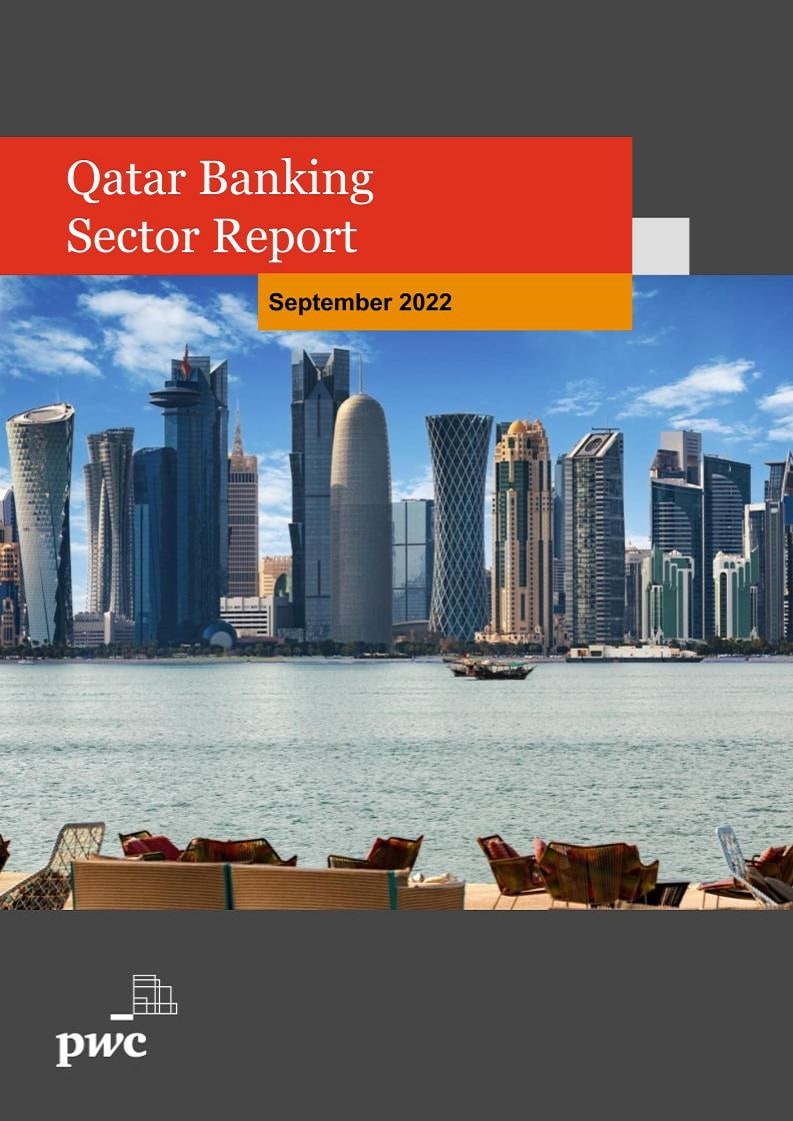
Qatar Banking Sector report - September 2022
In our latest Qatar Banking Sector report we provide a comprehensive analysis of the continuing and the new and emerging trends from across Qatar’s financial sector. Whilst we review and reflect on the financial performance of the previous year we also have analysed the second half of 2022 to highlight opportunities for banks in Qatar to continue their development as international financial institutions of the future.
The financial sector in Qatar is actively recovering as the country evolves post the pandemic, displaying strong volume growth supported by stable margins and effective cost management. The economic support packages offered by the government for the relief of some firms helped ensure sufficient liquidity in the banking sector. However, lingering risk pressure remains high for most of the players with banks being highly exposed to shocks on their legacy portfolios
Overall the short to mid-term financial outlook looks positive but should be carefully managed to safeguard the banking sector’s strength and secure recovery. However, and even more importantly, time is running out for the banks to take bold and transformational steps as Qatar is catching up with global peers on fundamental trends that have important ramifications for the financial sector.
New lifestyle: In pursuit of convenience and leveraging new technologies, customers are increasingly demanding digital features whilst still not yet ready to let go of the personal touch. Banks and challengers are to seek a ‘phygital’ equilibrium that will take the best of both worlds and respond to evolving market needs in order to remain commercially viable.
New values: Both corporate and individual clients are becoming increasingly mindful of working with partners that ‘make it right’ as the world needs to be rebuilt with an eye toward sustainable investments and environmental protection. Hence for the banks, this is not a tick box approach anymore; in addition to an annual ESG report, deep and structural change needs to happen.
New players: As the new financial services landscape is taking shape with the rise of alternative players like fintech, telco, retail & e-com and ‘bigtech’, incumbent banks can either engage in tough competition or embrace the changes with a well-thought out partnership strategy.
New technology: To respond to market demand, Qatari banks need to act quickly and transform into a digitally enabled version of themselves. Just delivering new features and channels will not work; fundamental groundwork needs to be done to transform the core beyond pure technology. This often includes changing processes, the organisation and the culture.
New money: Despite the growing popularity of cryptocurrency, most traditional banks are still hesitant to adopt the use of such assets. However, regulators globally are working to change banks' perceptions of digital currencies, believing that these assets can enhance innovation and efficiency among financial institutions.
New rules: As the financial sector is getting more complex with increasing amounts of data, technology, new business and operating models, banks should expect fundamental changes in the regulatory agenda and play a more active role in setting out the ‘ground rules’ going forward. Beyond evolutionary development of ‘core’ topics like customer and data protection, data infrastructure build and ESG governance, the whole new agenda is building up for the regulators in Qatar and the broader region with open finance, digital currencies and green finance.

Rise of ‘anything-as-a-service’ as an enabler of cross-sector partnerships is perhaps one of the hot topics in financial services today. For the industry players this is an opportunity to seamlessly cover one of the key gaps in clients’ value chain whereas the bank gets instant access to an extensive and loyal customer base.
As banks make informed decisions gathered from cloud market and customers’ data, it aids in increasing new products based on identified customer’s needs
The Middle East has taken a major leap forward in digital assets with several new regulatory measures across the region, which have propelled cryptocurrency mainstream within a very short time










